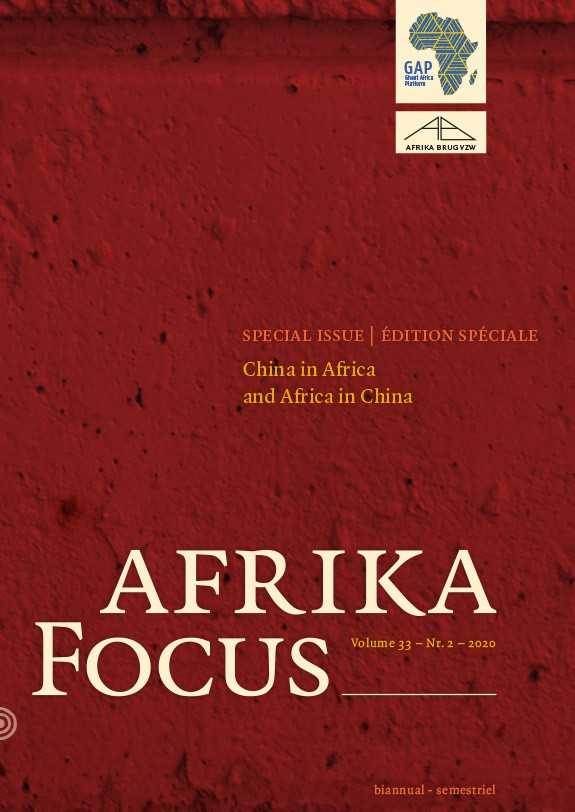From watchdog to lapdog: political influence of China on news reporting in Malawi
DOI:
https://doi.org/10.21825/af.v33i2.17575Abstract
The arrival of China in Malawi has been characterised by a growing sense of uncertainty among academics who have expressed concern over the intentions of the superpower in the country. There are fears that China would like to extend its influence to Malawi as part of a broader push to increase its influence in global politics and economics. That push is in part exercised through the media. This study analyses the perception of Malawian journalists on news media reports of Chinese activities in Malawi. It uses content analysis to understand how the mediascape had changed from 2001-2007 when China had not yet established diplomatic relations with Malawi, and the period from January 2008-2020 in which diplomatic relations with China have existed. The article examines the shifts in journalistic representations of China in Malawi and develops prompts and probes from which journalist interviews were conducted. From the content analysis, it appears that from 2001-2007, Malawian media, especially The Daily Times, was very negative about China, uncritically reproducing Western representations of China. This changed after January 2008 when the press leaned towards an acknowledgement of Chinese activities. Through interviews journalists have indicated that the Chinese government offers certain opportunities such as exchange visits to journalists, making it difficult for them to bite the hand that feeds them. This ‘soft power’ is backed up by the repressive power of the Malawian government that uses intimidation to force journalists to report in their favour, thereby helping to create a positive image for China in Malawi. Journalists report that the significant shifts in journalistic representations of China have been mirrored by changes in the conceptualisation of journalistic roles in Malawi’s mediascape. KEY WORDS: SOLUTION JOURNALISM, CONSTRUCTIVE JOURNALISM, CHINESE MEDIA, AFRICAN JOURNALISM CULTUREDownloads
Published
How to Cite
Issue
Section
License
Authors who publish with this journal agree to the following terms
Authors retain copyright and grant the journal right of first publication with the work simultaneously licensed under a Creative Commons Attribution License that allows others to share the work with an acknowledgement of the work's authorship and initial publication in this journal.
Authors are able to enter into separate, additional contractual arrangements for the non-exclusive distribution of the journal's published version of the work (e.g., post it to an institutional repository or publish it in a book), with an acknowledgement of its initial publication in this journal.
Authors are permitted and encouraged to post their work online (e.g., in institutional repositories or on their website) prior to and during the submission process, as it can lead to productive exchanges, as well as earlier and greater citation of published work (See The Effect of Open Access).


